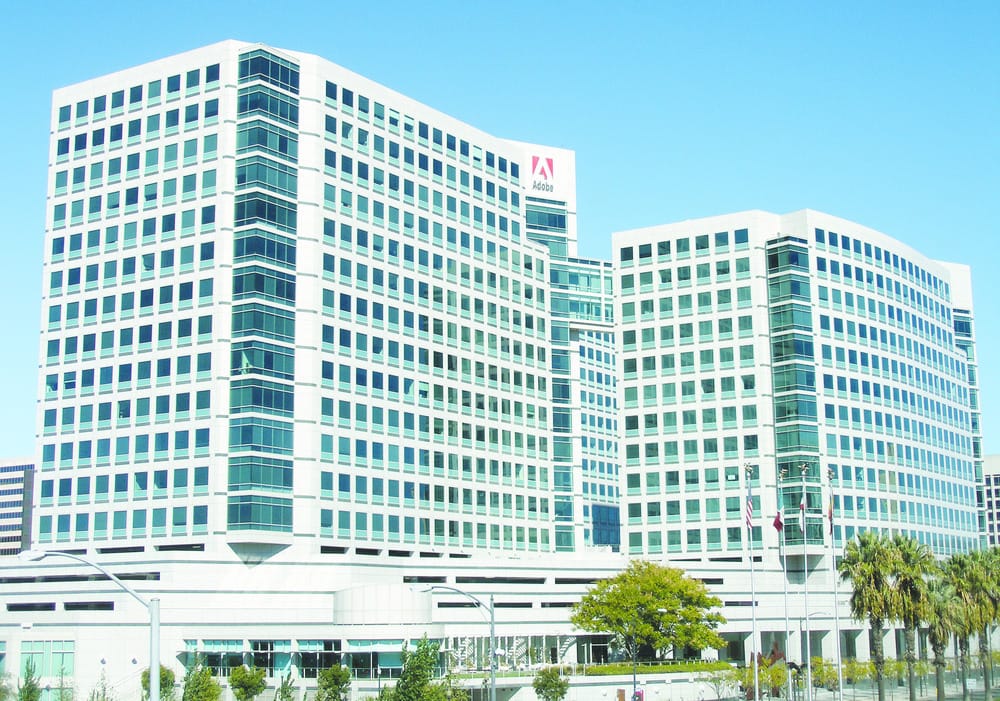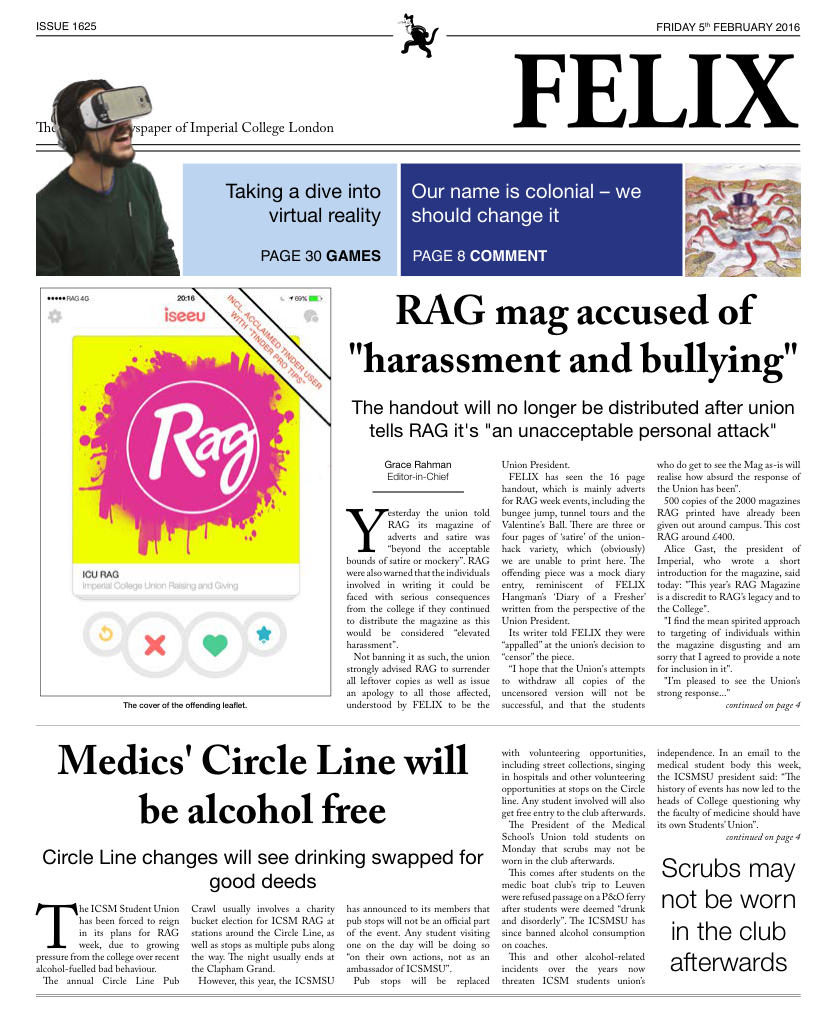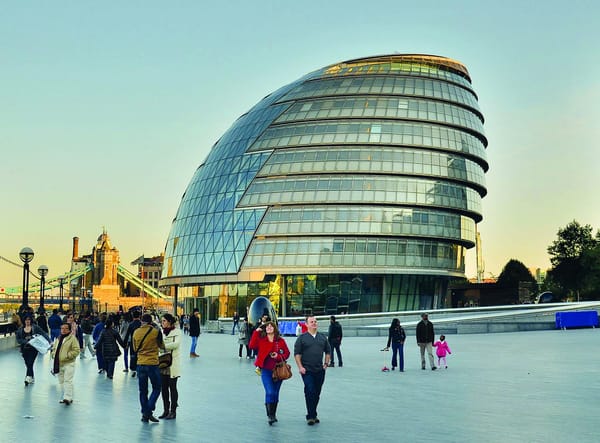The elusive green business model
Why is it taking so long for businesses to adopt greener strategies?

Business sustainability as a concept came about in the early 70s, with controversial publications such as The Limits to Growth, addressing environmental and social consequences of economic growth. Since the ‘green business’ model began to establish its domain, little attention was paid to the discipline until the last 7-8 years. We can now see an exponential growth in the number of businesses and organisations looking to minimise their local and global harm to the environment, community, and society – aiming to make profits without compromising future generations.
So why has the response to the sustainable business concept been so slowly incorporated into many business models?
Firstly, those initial investments to incorporate a more efficient technology, would deter any corporation, especially when the theory is yet to prove itself. I mean, why would any corporation invest millions for huge organisational changes, when such changes could expose these corporations to short term risk associated with lower efficiency in the short term. Secondly, because few businesses act to run sustainably, there is little evidence behind statements, such as “positive correlations between environmental performance and business performance”. We thus have a situation where businesses huddle like penguins carrying on with the standard practice, not one business wanting to be the first to make that much needed transition.
However, change is finally coming about. The UK’s green economy was estimated to grow by 4.9 to 5.5% in 2015, with a 48% return rate in energy efficient investments for large businesses. Demand for greener products is also seen to be increasing. A lot of this change can be attributed to an increase in public demand for greener products. For example, there is an ever growing demand for meat substitute products such as Quorn as the environmental impacts of eating meat gain more and more notoriety. The shift is clearly visible; we now have to pay to use plastic bags in supermarkets, in an attempt to reduce waste, something that, a few years ago, was generally unheard of in the UK.
As more and more businesses shift their business model to a greener alternative, there is likely to be a domino effect leading to the foreseen exponential increase in ‘Green Business’ models. It is important that this change occurs especially in developed countries, to set an example for developing countries to follow. With intimidating threats from climate change, such as loss of natural resources, habitat destruction and species extinctions, there is a need to preserve and work with nature and the environment so that a long term valuable economy is maintained.









